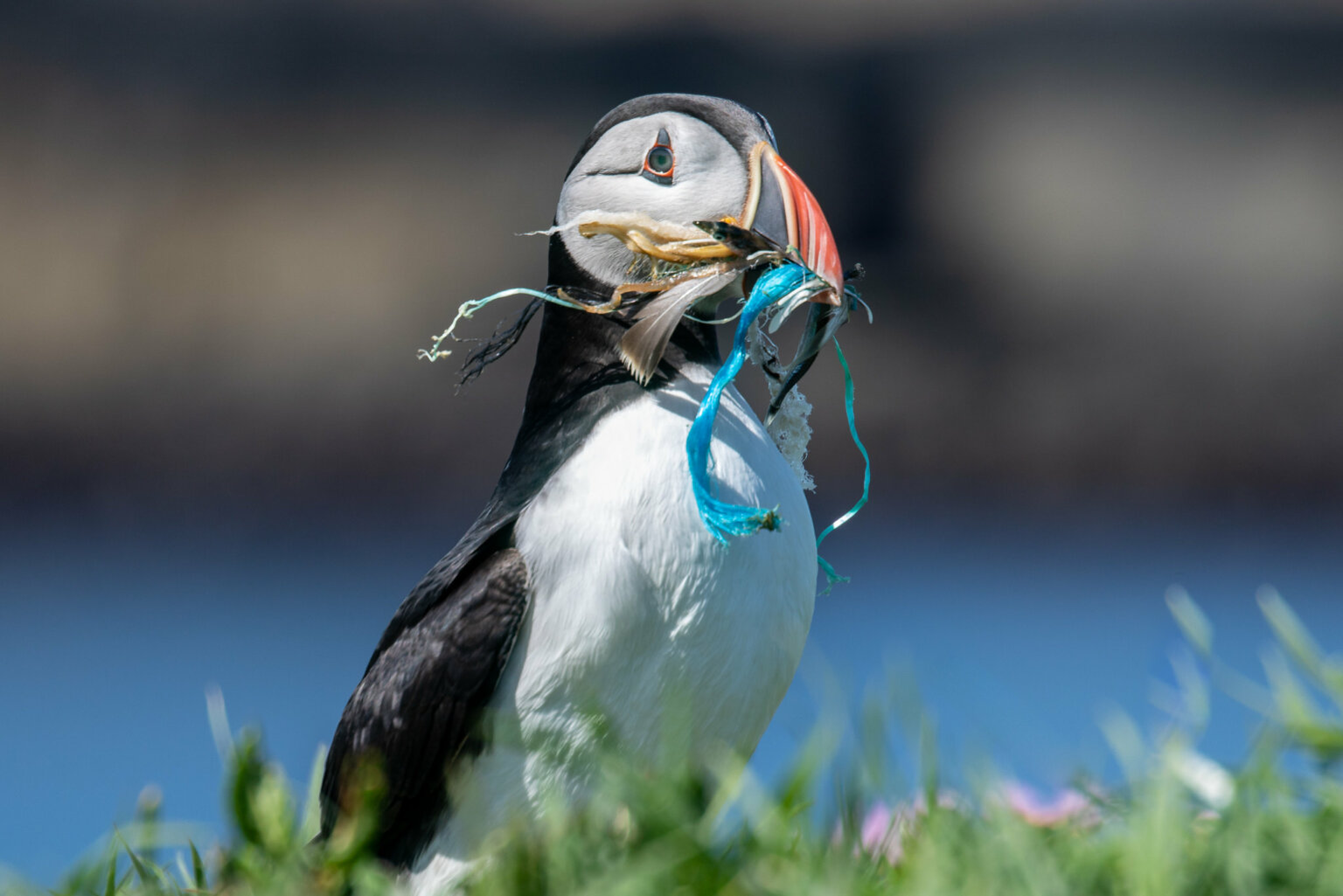- About
- Topics
- Picks
- Audio
- Story
- In-Depth
- Opinion
- News
- Donate
-
Signup for our newsletterOur Editors' Best Picks.Send
Read, Debate: Engage.
| topic: | Pollution |
|---|---|
| located: | Australia, United Kingdom, USA |
| editor: | Tish Sanghera |
Plastic pollution is one of the greatest threats facing our planet. In the few decades since single-use plastic exploded in the 1970s, it has, quite literally, engulfed the earth.
One million plastic bottles are currently purchased every second. With up to 90 percent of plastic never recycled, vast amounts of it leak into our natural environment. The Great Pacific Garbage Patch is perhaps the most visceral symbol of our plastic problem - a giant mass of non-biodegradable plastic currently floating somewhere between Hawaii and California.
When discarded, plastic debris can harm animals and break down into microplastics, entering marine and land ecosystems and even infiltrate our food. Scientists have now found microplastics in seafood across Australia and even in human blood. Exposure to plastics can harm human health, potentially affecting fertility, hormonal, metabolic and neurological activity.
In light of this crisis, countries are adopting policies to increase plastic recycling. Norway, for example, has achieved a 97 percent plastic recycling rate by putting the onus on bottling companies and taxing them if the recycling rate drops below 95 percent. In the UK, a fee for plastic bags radically cut their use and led to less plastic in coastal waters.
However, to curb plastic pollution, recycling alone is not enough. In order to restore the natural world and build a sustainable future, the focus also needs to be on eliminating plastic production. Without intervention, plastic production will triple by 2050 and comprise 13 percent of the carbon budget - emissions which the world can not afford if we are to meet the 1.5 degree celsius target for global warming.
"There is no way to curb the impacts of emissions from [plastics] without changing the way that we make them and use them," says Jane Patton, Campaign Manager of Plastics and Petrochemicals at the Center for International Environmental Law. "Both countries and companies are going to have to put hard limits on the number of toxic plastics that can be produced within their borders or by their entities annually."
Earlier this month, the United Nations Environmental Programme (UNEP) received a historic mandate to forge an international, legally binding treaty to end plastic pollution. The treaty, which has the backing of mega-corporations like Coca-Cola, Nestle and Walmart, will be signed by 2024. A global agreement places pressure on companies and governments alike to reduce the momentous impact of plastic on our environment.
What can you do to contribute to the plastic epidemic? In addition to the familiar slogan Reduce, Reuse, Recycle, we can also add Remove, Refuse and Rally. For instance, you can help remove plastic from your neighborhood and join the Great Global Cleanup movement, refuse straws, shopping bags and other plastic items as much as possible, and rally your local officials to implement a plastic ban.
With the world still waking up to grave dangers of the plastic crisis, keeping the pressure on stakeholders to cut plastic off from its source is essential.
Image by Volodymyr Hryshchenko.

